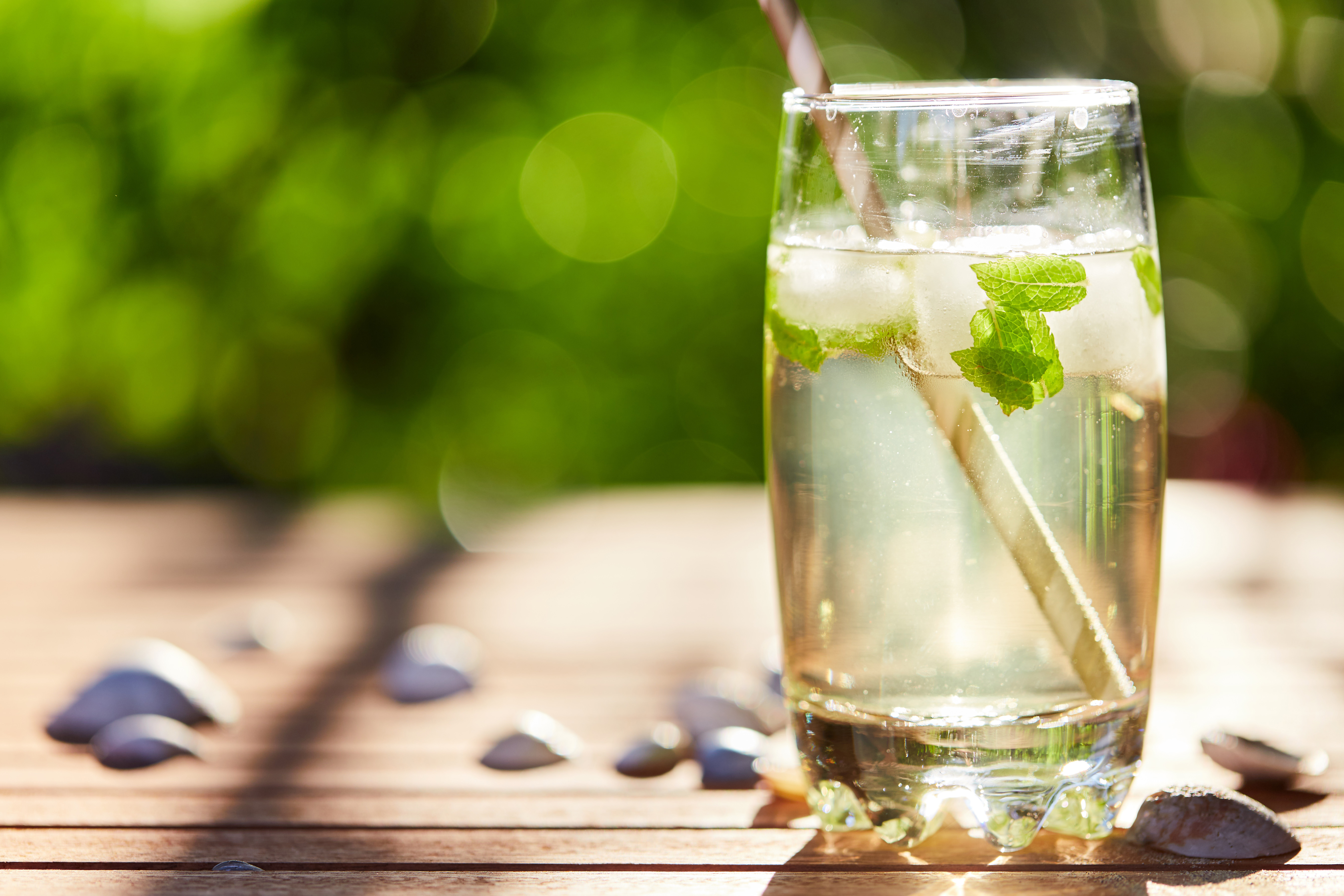
You have likely heard that we should chew our food properly. There are many reasons why this is important. Chewing grinds the foods into small particles. The smaller the particle the more readily it can be coated with the digestive enzymes present in our saliva, which in turn start digestion.
The mouth is lined with three pairs of salivary glands that release approximately one liter of saliva per day. Saliva is made up of 99% water. Additionally, it has multiple components that interact and aid in the digestion and absorption of our food. Digestive enzymes, mucus, electrolytes, and antimicrobial enzymes all have special roles in the digestion and absorption of our food.
Digestive enzymes begin the process of digestion of our food, especially carbohydrates. Mucus and electrolytes homogenize the food into a soft bundle and act as a lubricant, and the antimicrobial enzymes help keep bacterial, viral, and parasitic infections from entering our body.
Chewing food also helps release the healthy properties of our foods, such as phytochemicals that help fight against illnesses including cancer. Chewing our food slowly and mindfully allows our taste buds to detect flavors and nutritional content, which then stimulates the brain to inform the stomach of the right kind of digestive juices to release.
Diluting our saliva during meals by drinking water or milk, diminishes the concentration as well as chemical composition of our saliva. The result of diluting digestive enzymes is that food enters the stomach in a subpar form, thereby burdening the stomach and digestive tract. Any fluid taken with meals will also decrease salivary flow. The presence of salivary flow is beneficial to our mouth. It helps to cleanse the teeth of excess carbohydrates and acts as a buffer against acidic residues. A decrease in salivary flow increases the risk of oral and intestinal microbial infections and disease.
Many will argue that they cannot eat food without drinking liquids due to having a dry mouth. Try drinking 2-3 liters of water in between meals on a daily basis. You will find that by providing your body and salivary glands with an abundance of water, you will no longer need to drink while you eat. Your salivary glands will have plenty of water residues to release during the chewing process.
“Taken with meals, water diminishes the flow of the salivary glands; and the colder the water, the greater the injury to the stomach. Ice water or iced lemonade, drunk with meals, will arrest digestion until the system has imparted sufficient warmth to the stomach to enable it to take up its work again….Food should not be washed down; no drink is needed with meals. Eat slowly, and allow the saliva to mingle with the food. The more liquid there is taken into the stomach with the meals, the more difficult it is for the food to digest; for the liquid must be first absorbed," (The Review and Herald, July 29, 1884).